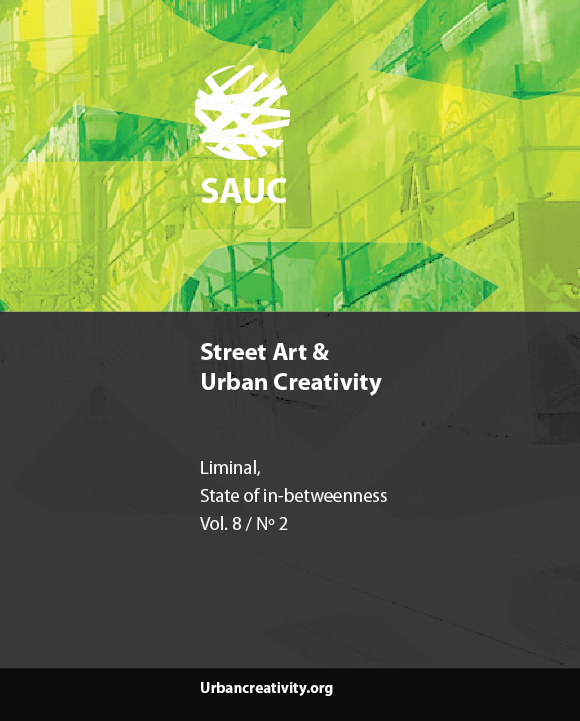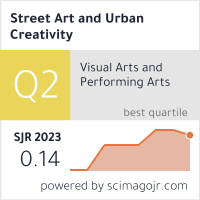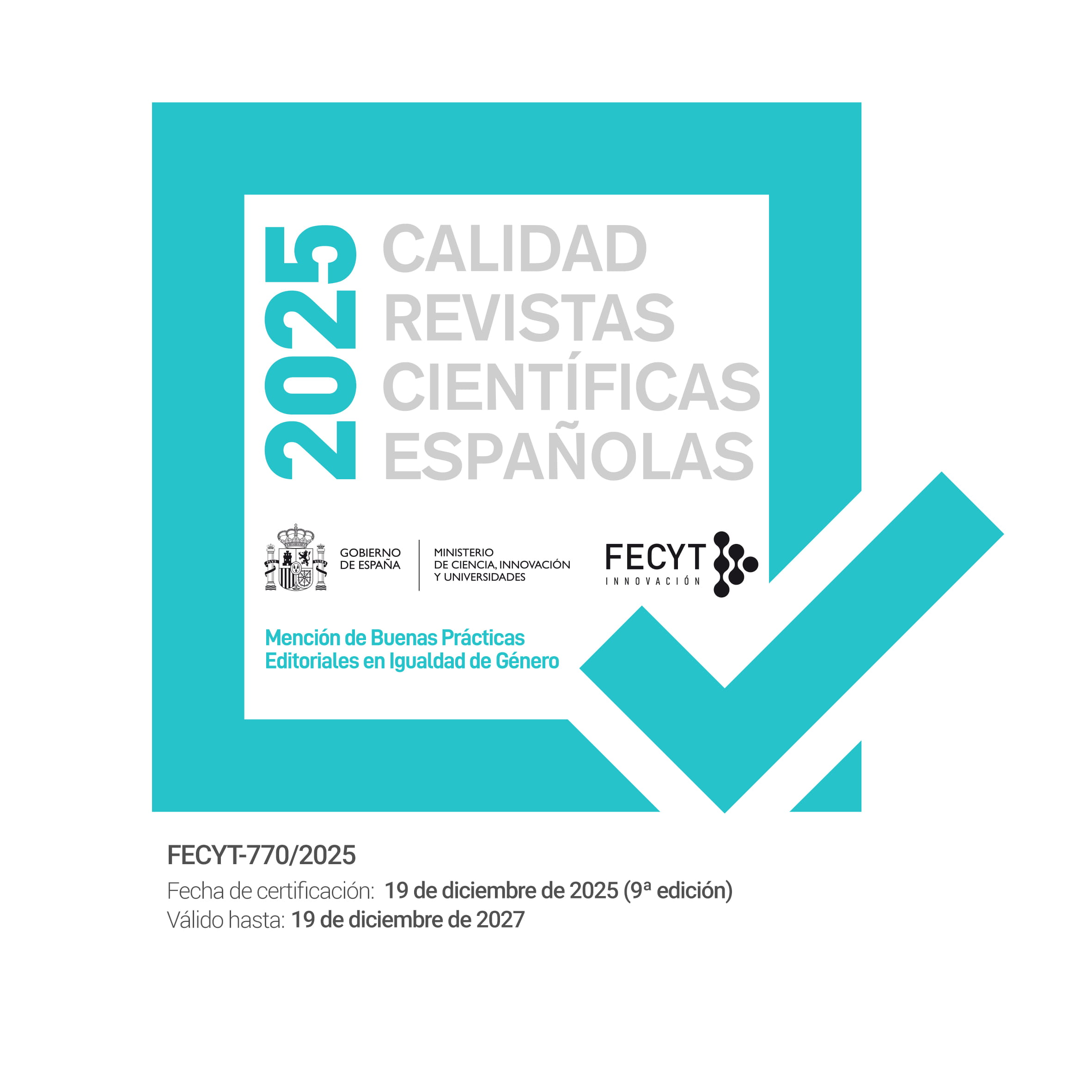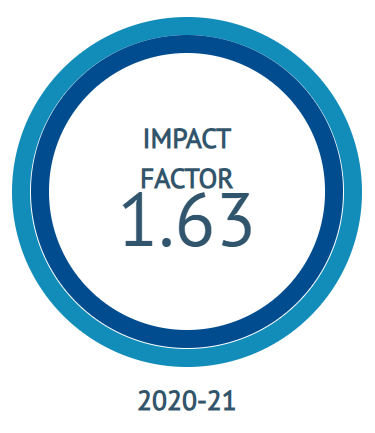Banksy in commercial communication
Street Art and appropriationism
DOI:
https://doi.org/10.25765/sauc.v8i2.611Keywords:
Banksy, Appropriationism, advertising, art, Street Art, iconology, Urban ArtAbstract
The advertising market draws on elements and aesthetics from other areas and disciplines, appropriating artistic imaginaries of Street Art, subverting them to change the user's perception of messages. The media increasingly show creative solutions that take ideas from the art world as a reference. They reuse pre-existing images to give them a new message that responds to a different discourse. In this article, we will study how the imaginary of advertising appropriates urban movements, analysing the influences of the artist Banksy on persuasive commercial activity and vice versa. The conclusions of this analysis are that the very appropriation, an inherent consequence of the art and advertising binomial, improves the creative dimension of the works in both areas. Communication tends to reuse the artistic imaginary for commercial purposes, while the artist drinks from commercial aesthetics to represent the reality in which he lives. There is also a proliferation of the number of pieces related to the actions of the author Banksy in recent years. Observing iconography and techniques of persuasive communication in the work of this anonymous author.
Downloads
Global Statistics ℹ️
|
427
Views
|
322
Downloads
|
|
749
Total
|
|
Downloads
Published
How to Cite
Issue
Section
License
Those authors who publish in this journal accept the following terms:
-
Authors retain copyright.
-
Authors transfer to the journal the right of first publication. The journal also owns the publishing rights.
-
All published contents are governed by an Attribution-NoDerivatives 4.0 International License.
Access the informative version and legal text of the license. By virtue of this, third parties are allowed to use what is published as long as they mention the authorship of the work and the first publication in this journal. If you transform the material, you may not distribute the modified work. -
Authors may make other independent and additional contractual arrangements for non-exclusive distribution of the version of the article published in this journal (e.g., inclusion in an institutional repository or publication in a book) as long as they clearly indicate that the work was first published in this journal.
- Authors are allowed and recommended to publish their work on the Internet (for example on institutional and personal websites), following the publication of, and referencing the journal, as this could lead to constructive exchanges and a more extensive and quick circulation of published works (see The Effect of Open Access).














